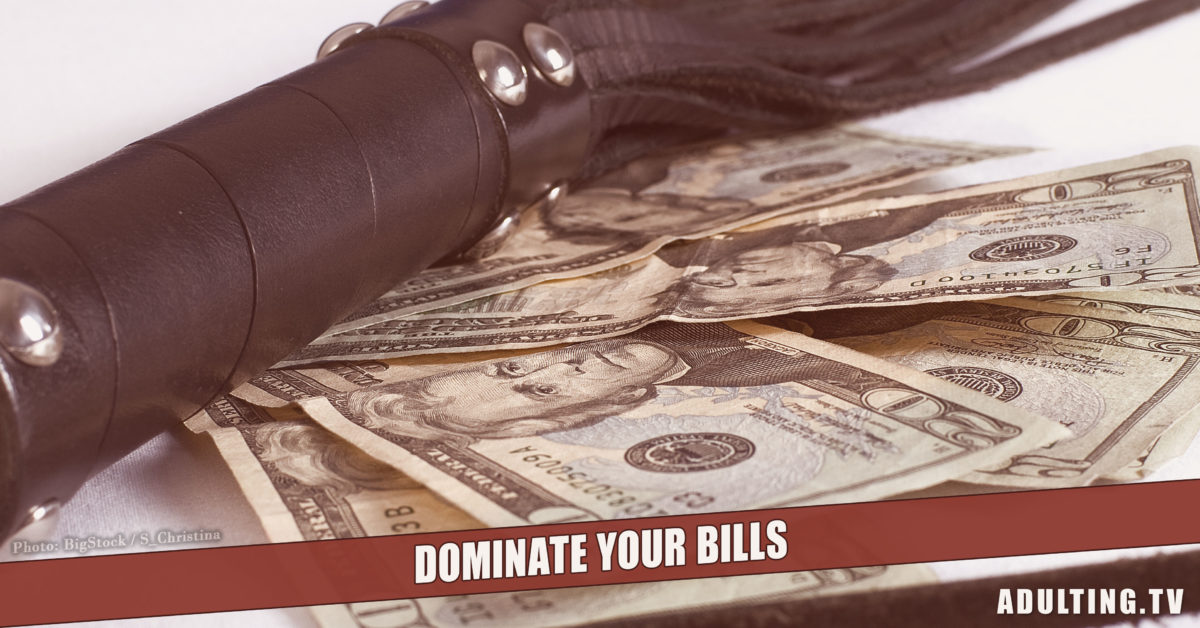Since I write about personal finance, I’m used to advising my friends about their own finances. It seems that every time I bring up the subject, I find myself correcting people.
With most of the information available readily on the internet, how is it possible that there’s so much misinformation?
But even I sometimes find out that something I believe is wrong. Personal finance is a complex topic, full of changing rules and expert advice. Read below to see if you believe any of these common money myths.
All adults need life insurance.
When I got married, I called my insurance agent a few days later to ask about life insurance. I felt so grown up, thinking about my future and impending death.
But my agent told me I didn’t need a life insurance policy. I didn’t have a mortgage or a child with my husband, so there was little reason to pay for a policy. If he died, I could still support myself.
I was relieved to know that I didn’t have to buy an extra form of insurance. I’m a fairly cautious person, but I like being able to avoid spending money if I don’t have to.
Of course, there are other factors at play, such as how much cheaper life insurance costs while you’re younger. You can also consider funeral costs for your parents if you pass. While you might not need life insurance right now, keep it on the back burner. It’s something you might consider before you hit 30 and rates go up.
Investing is risky.
Recent surveys indicate that millennials are afraid of investing, either because they don’t understand the markets or they’re shell-shocked from growing up during two recessions.
But Dani Pascarella, CFP and founder of wealth coaching firm Invibed, said that people who don’t invest are guaranteed to lose money.
“The current rate of inflation in the U.S. is around 2.2%, but most savings accounts pay less than 1% in interest,” she said. “That means if you don’t invest your savings, you are actually losing your purchasing power.”
That’s not to say that any form of investing is better than a high-yield savings account. People lose money every day in the stock market. But finding an investment that will not only beat inflation, but also provide a healthy return, is possible. You can research investing on your own, use a robo-advisor, or hire a financial planner.
And you might be surprised that you can start investing with very little. Companies like Acorns allow you to start with pocket change.
I need to keep a small balance on my credit card.
One of the most persistent credit myths is that you need to have a small balance on your credit card for the card issuer to report on your credit report. Some people mistakenly believe that if they pay off their balance every month, the issuer won’t report any activity on your account, which won’t help your credit report.
Not true. The only way a credit card company will report zero activity on an account is if you pay off the balance before the statement is posted. Once the statement is posted, you can pay off the entire balance with no fear of what it’ll do to your credit report.
This myth is dangerous because it entices people to keep a balance on a credit card that likely has a high interest rate. There’s no reason to pay interest fees every month, especially not for the false reason of boosting your credit score.
All debt is bad.
Most financial experts agree that you should avoid debt whenever possible. But not all debt is bad, and if you’re careful, you can use debt to create more revenue.
“The rich actually use it as a tool for building wealth,” Pascarella said.
For example, rental properties are a popular form of investing. Borrowers take on mortgages on properties that they believe will provide a solid stream of income. Not only do these rent payments pay for any expenses, they also provide a tidy profit.
Many business owners also got started by borrowing money, from a bank, family members or other companies. Without that initial loan, they wouldn’t be able to build their empire.
Renting is throwing your money away.
This is a myth I’ve heard a lot, mostly from people who buy a house way too quickly. They believe that a home is an investment and always better than renting.
But owning a home is expensive. Closing costs, private mortgage insurance, property taxes, homeowners insurance and maintenance fees can quickly drain your bank account. In general, if you plan to own a home for five years or less, you’ll likely lose money on the deal. That’s partly because when you first take out a loan, your initial payments mostly go toward interest. Only later do the payments skew more toward the principal.
That means if you sell a home three years after you bought it, you’ll have little equity to gain from it. Plus, the market isn’t likely to change that much in a short period of time, so you’re not able to get a huge rate of return.
Unless you plan to settle down in an area for more than five years and are prepared for the responsibilities of a house, stick with renting.
You don’t have to fall victim to these money myths. Instead, think about what matters most to you. Create a financial life around what you hope to see in your own future, and look for solid information that will help you on your path.






